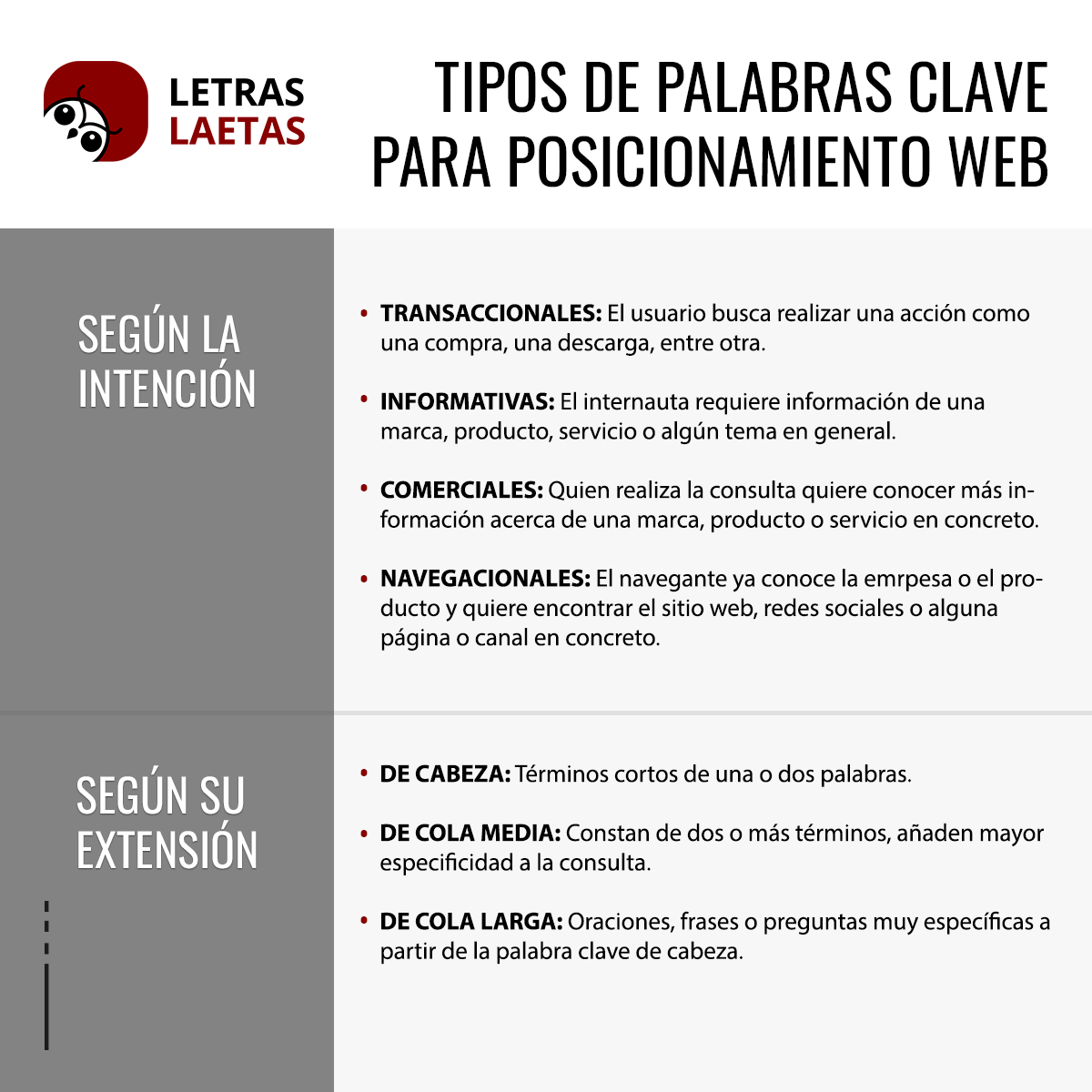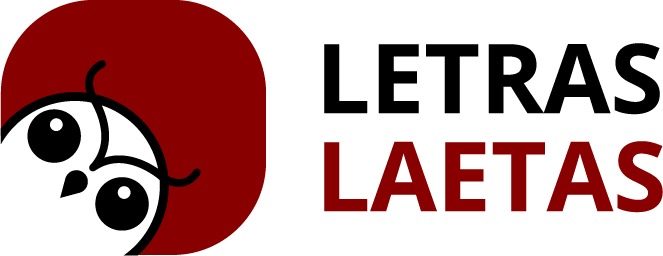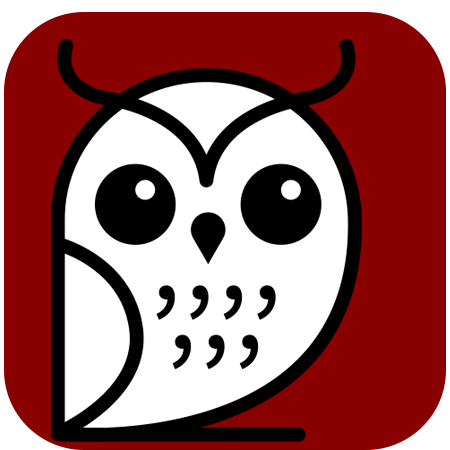Web positioning, also known as Search Engine Optimization (SEO) consists of a series of techniques to improve the visibility of content in web search engines. One of its objectives is to ensure that when Internet users make a query, they reach our destination page. To do this, they determine which are these relevant terms with which people already search for results on the web. These types of keywords that exist in SEO have been classified depending on their extension and the purposes pursued by those who search with them. In this post I will tell you more about these keywords and their different types:
- According to the intention of the Internet user
- According to its extension

Transactional keywords
In accordance with the purpose pursued by whoever makes a query on the web, keywords can be classified as transactional, when the Internet user seeks to make a purchase; or as non-transactional, when you are just looking for more information about a product, service or how to solve a problem yourself.
Let’s say for example that you have a locksmith company. A transactional query could be related to terms related to your services:
- Locksmiths in Mexico City
- Locksmith services near me
- Locksmiths in Colony of Valle (or wherever you might find yourself)
It is understood, it is implicit, that when someone does this type of search they need your services as such. Instead, if you’re making a non-transactional query, you’ll probably want to solve the problem yourself; In that case, I would look for something like:
- How to open a rusty sheet metal
- Unlock a door
- Open a padlock without a key
Obviously, if your purpose is to sell a product or a service, what will be most convenient for you is to use transactional keywords. However, there are many parallel themes associated with the products or services you offer, which may be attractive to your potential audience.
Informational keywords
In this type of query, the Internet user is looking for information on a brand, product, service or some topic in general. They are not necessarily looking to make a purchase but simply to know about an offer or a topic, or they want to solve a problem.
The process of any purchase begins when a person knows you. We cannot buy something that we do not know exists, and we do not usually buy from someone we do not know or from whom, at least, we have had a previous recommendation. So, in the locksmith example, you might have a blog that has titles with keywords from adjacent topics that are useful to your potential audience:
- Security tips in the home locksmith
- 5 ways not to forget your keys
- What to do when you lose your car keys
This type of content means that, even if they don’t buy from you immediately, people start to have your company and services in mind for the future. This type of strategy is known as nurture marketing.
Commercial keywords
When an Internet user makes a query to learn more about a specific brand, product or service, they directly search for the name of the companies, see reviews about the services, make queries related to the operation, among others. For example, in the case of a locksmith:
- Locksmithing ‘Pepito’ reviews
- Locksmithing ‘Pepito’ vs locksmithing ‘Chapa Feliz’
In the case of consumer products, you can search for things like:
- Cream ‘Bella brand’ works
- Cream ‘Bella brand’ reviews
- Cream ‘brand Bella’ vs ointment ‘brand Campanita’
Navigational keywords
When the Internet user already knows the company or the product and wants to find the website, social networks, a physical location or a specific page to see specific products or services. These keywords are good sources of organic traffic when the brand or the site is popular. Some examples:
- Locksmithing ‘Pepito’ address
- Locksmithing ‘Pepito’ blog
Or in the case of consumer products, you can search for things like:
- Bicycles ‘brand Treca’ shops in the Roma Colony
- Mountain bikes ‘Treca brand’
- City bikes ‘Treca brand’
Keywords according to their extension
In general, the shorter a keyword is, the more difficult it will be to rank for. Also, the shorter the query is, the less specific it is. We classify the keywords, according to their extension, in:
Headfirst
They are short terms. They are also known as head tail keywords. They can consist of one or two words. For example:
- Locksmiths
- Locksmithing
Mid-tailed
They are terms that add greater specificity to the query, it can be related to the products or service itself (in case they are commercial terms) or to the location, for example:
- Locksmiths nearby
- CDMX locksmiths
Long-tailed
These words are the most specific. They are sentences, phrases or questions that start from the head terms, for example:
- Home locksmiths near me
- 24 hour locksmithings in the Roma colony
In conclusion…
- People make queries in search engines for various purposes.
- Some of these purposes are commercial, that is, we want to find products or services and more information about them.
- On many occasions, we look for topics that interest us without the intention of making a purchase.
- Once we have made a purchase decision, we do transactional type searches. It is more likely that we buy from a company of which we already have some previous reference.
- For companies of any type, having a content marketing strategy and a corporate blog is an opportunity to attract new customers. It also helps them get noticed and top of mind with consumers by the time they are ready to buy.
Do you want to start a corporate blog to have a presence in the minds of your potential customers? Contact us for a content marketing and web positioning strategy.


